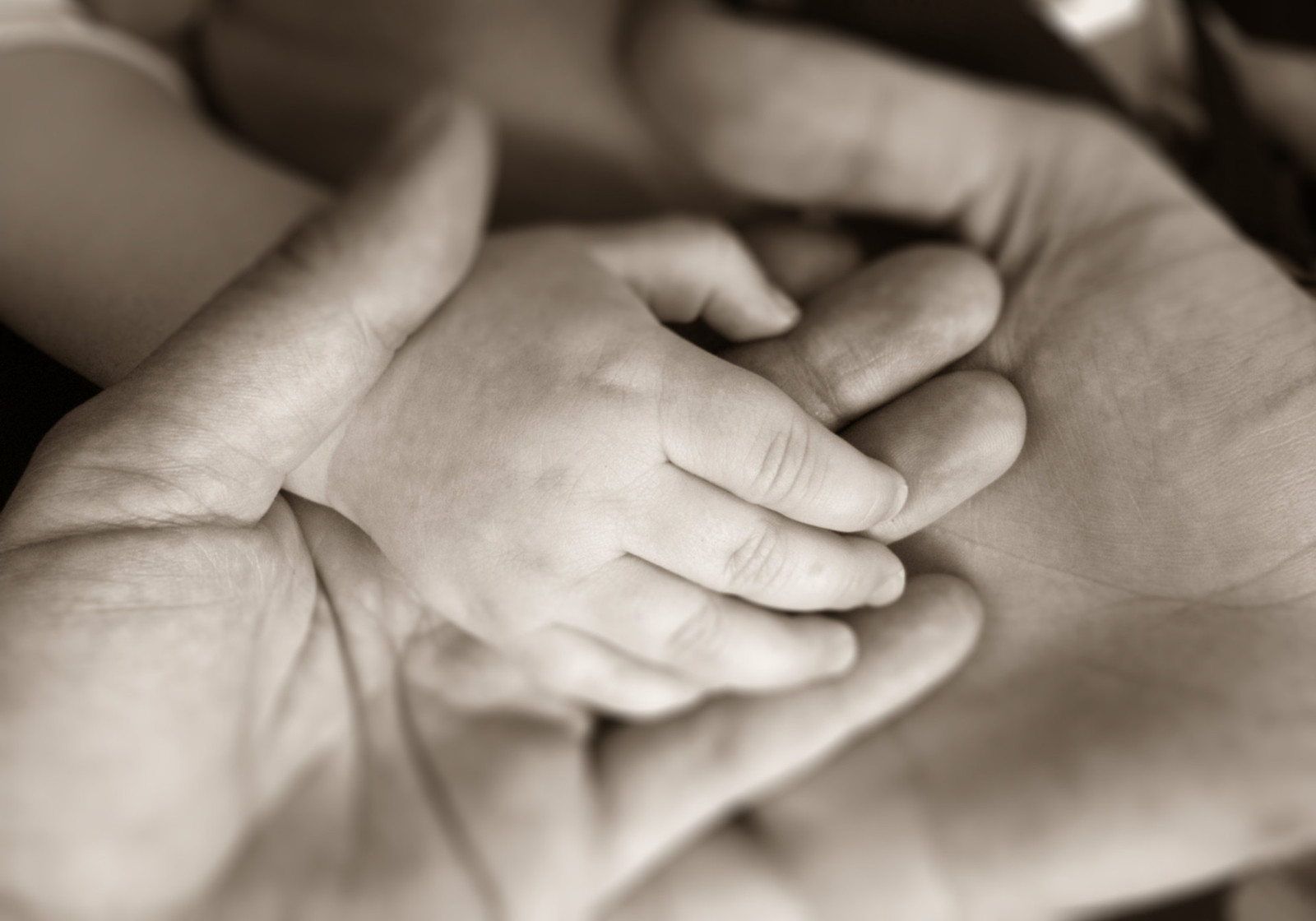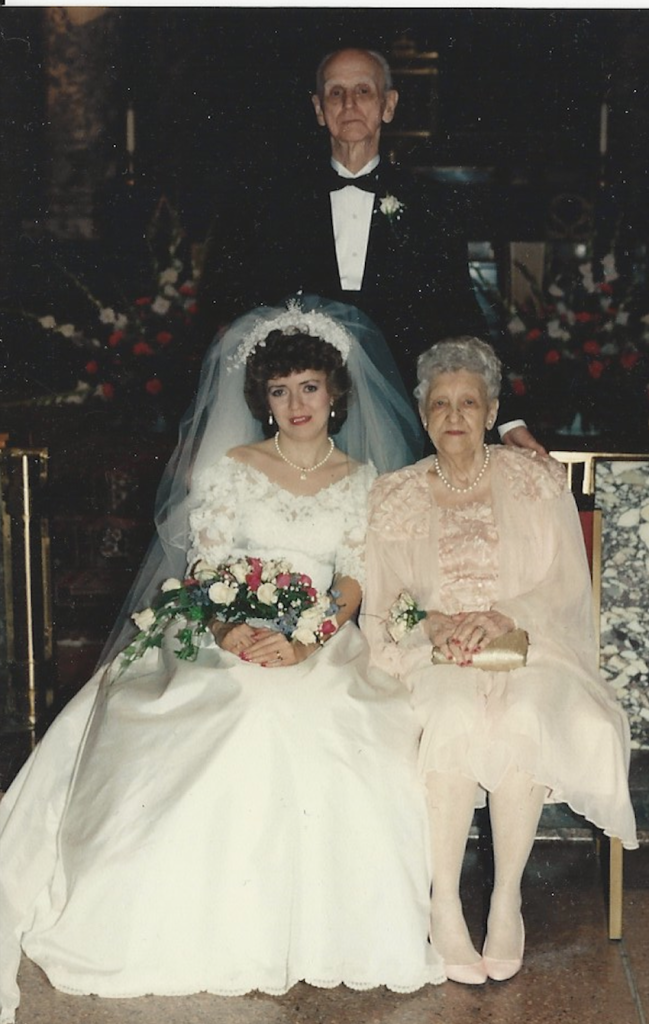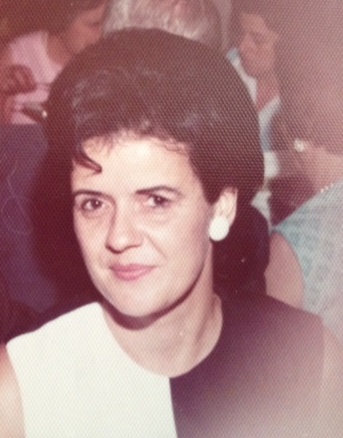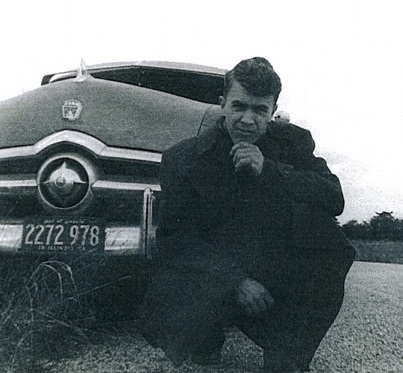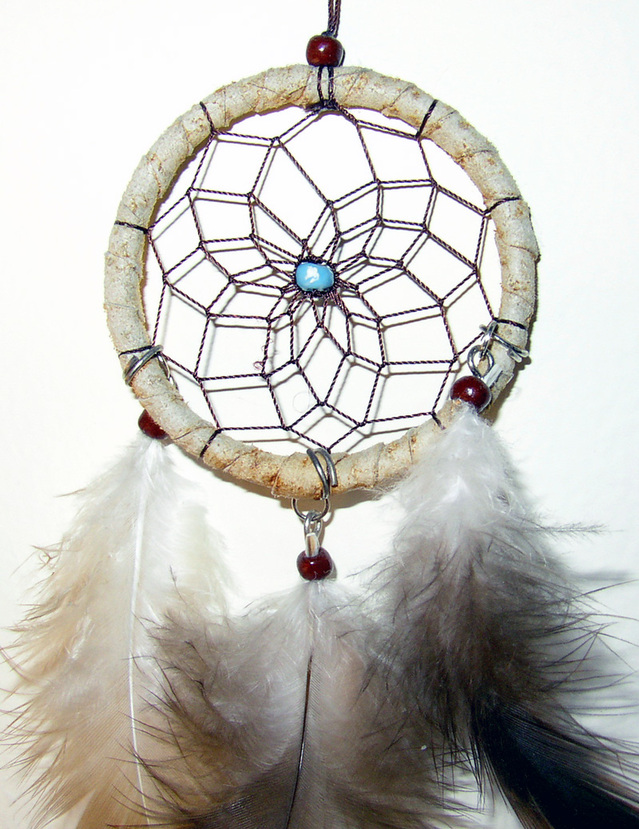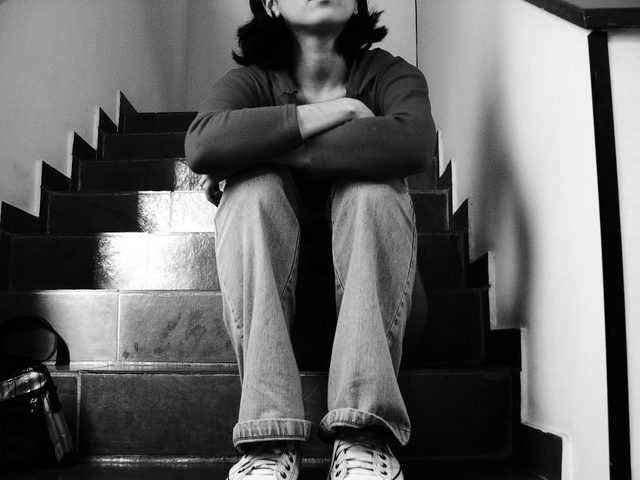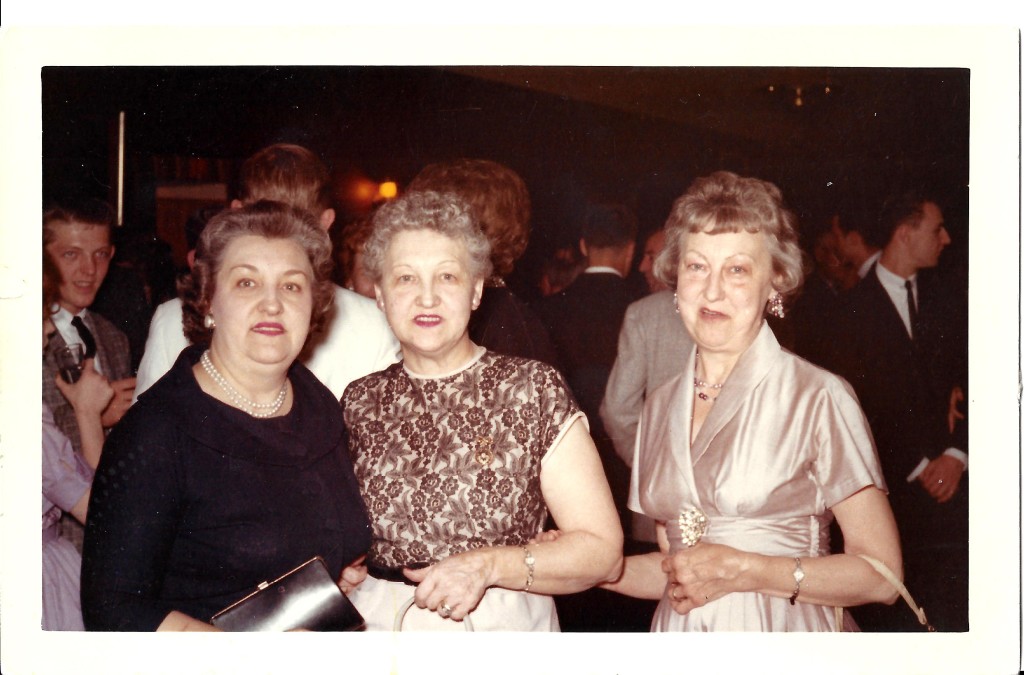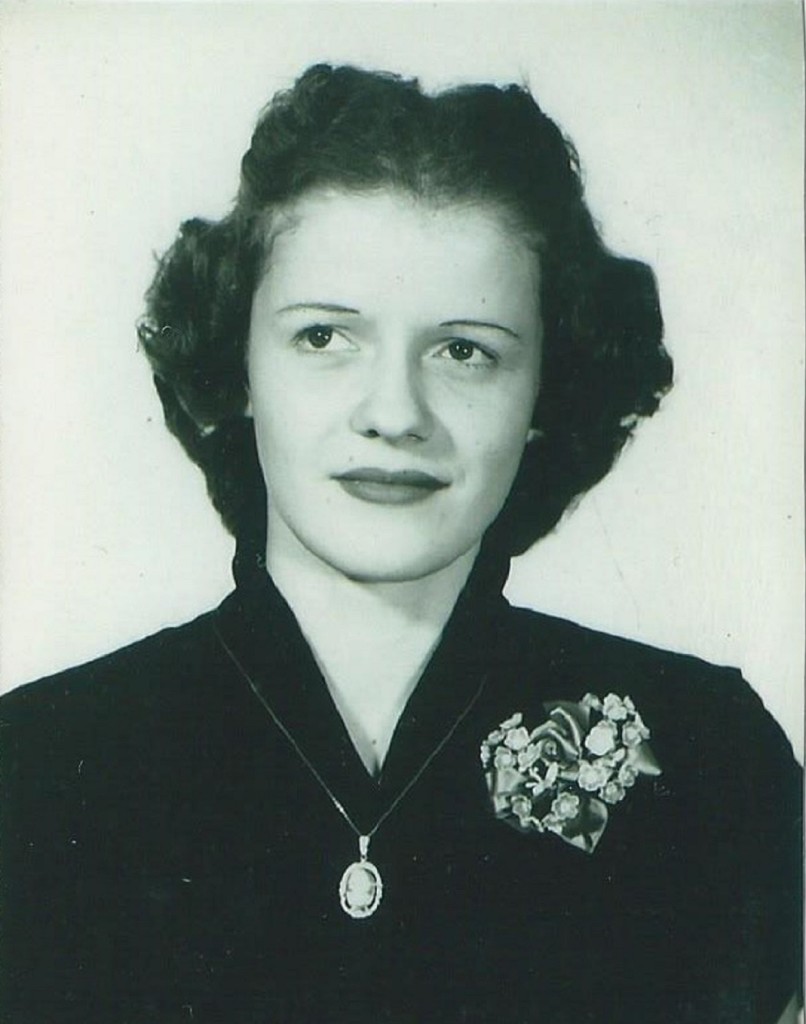I thought parents no longer hid adoption from their sons and daughters. Moms and dads broach the topic with their children at a young age, explaining what adoption means in simple terms and letting the little ones ask questions. At least that’s how my friends and acquaintances handled it with their kids.
Unfortunately, though, some adoptive parents never tell their children. For whatever reason, they feel compelled to hide the adoption from the adoptee, who grows up believing lies about her family.
If you don’t think telling your child the truth is the right thing to do, then consider how difficult or impossible it will be to hide the adoption forever. In spite of your best efforts to conceal the adoption, it will come to light eventually and you will have to face your son or daughter and deal with a damaged relationship.
Cousins Talk, Adoption Revealed
Here’s a recent example. In a support group, a man revealed that his cousin, a woman in her 30s, did not know she was adopted. Everyone in her extended family knew, everyone except for her. The guy felt burdened by the knowledge. He thinks his cousin should know. He tried to persuade his aunt, the woman’s adoptive mother, to tell her daughter but the aunt refused. She told him to butt out.
The discussion generated dozens of comments, with most commenters in favor of telling the woman but recognizing the truth, especially coming at this late date, would cause inevitable pain. One commenter noted it would be better for the woman to hear it from her mother rather than through a DNA test.
Ultimately, the man bravely told his cousin about her adoption. This guy had the guts to do the right thing, knowing it would turn her life upside down and possibly cause family trouble.
I think his conscious and thoughtful decision to tell his cousin the truth signals how times have changed. I was born in the 1960s and never knew I was adopted. Everyone in my extended family knew but nobody breathed a word. Adoption was the elephant in the room. My sister, Melissa, confirmed everything with one phone call to a cousin. We were in our 30s when we learned about our adoptions.
When to Tell Your Child She’s Adopted
For adoptive parents, the question should not be “do I tell my daughter she’s adopted,” but “when do I tell her?”
Experts encourage adoptive parents to explain adoption to kids at a young age, though exactly when is open to debate. Some experts think it’s best to tell the child when he is between the ages of 6 and 8, while others believe children may benefit from knowing about their adoption at an earlier age. While talking about adoption can be a nerve-wracking experience, adoptive parents should realize telling the child is their obligation.
The adoption talk doesn’t get easier with the passage of time. Putting off the discussion only makes it harder for the adoptee to process the truth. And there’s always a chance the adoptee will find out from someone else.
These days, it’s not realistic to expect an adoption to stay hidden. Anyone who thinks she’s adopted can confirm her suspicions with a DNA test or just by calling the right cousin.
It’s disrespectful for parents to not tell their sons and daughters the truth. Adopted people deserve to know about their biological origins just like everyone else in the family. If parents could trade places with their child, they’d understand why this basic knowledge about one’s identity is so important.
The renowned author Alex Haley eloquently summed up this need:
“In all of us there is a hunger, marrow-deep, to know our heritage- to know who we are and where we have come from. Without this enriching knowledge, there is a hollow yearning. No matter what our attainments in life, there is still a vacuum, an emptiness, and the most disquieting loneliness.”

